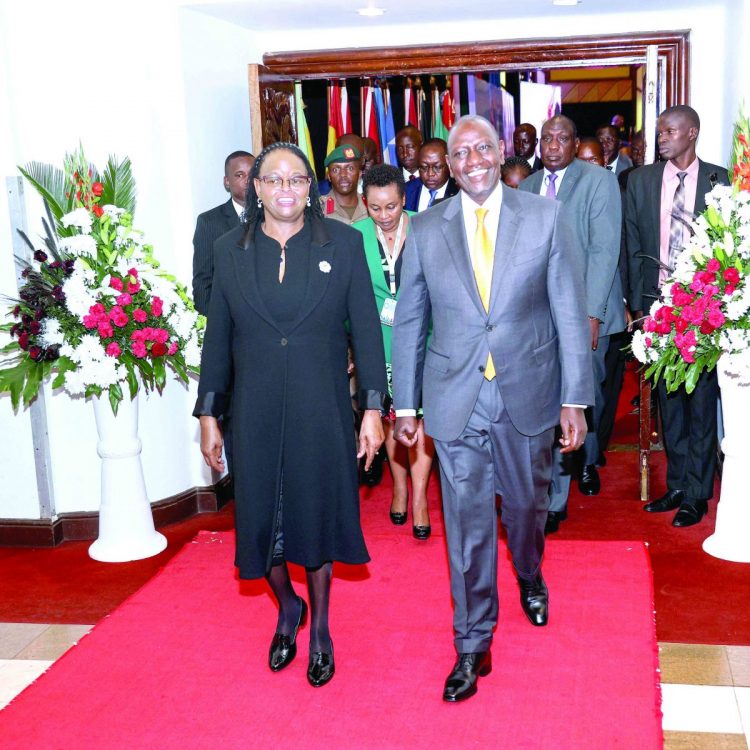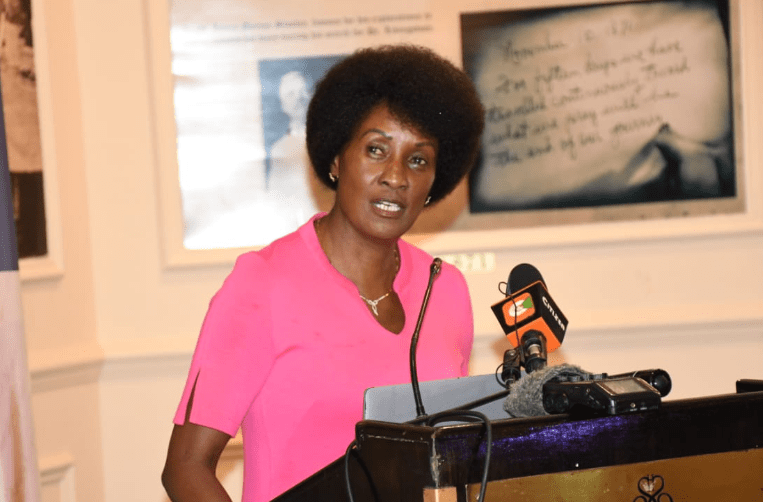Navigating relationship between arms of government

Kenya has seen a significant political transition over time, becoming one of the leading countries in Africa in terms of democratic practices.
Kenya’s democratic structure is based on the idea of separation of powers, which assigns different roles and responsibilities to the executive, legislative and judicial branches.
This division creates a system of checks and balances to ensure accountability, prevent abuse of power and ensure the rule of law.
In November 2023, a three-judge panel of the Kisumu High Court ruled that the Affordable Housing Act 2023 was unconstitutional due to lack of adequate legal framework. In addition, withholding the money only from working Kenyans was deemed “discriminatory”, prompting the court to issue stay orders pending a hearing and decision. This decision later became a test to the principle of separation of powers.
President William Ruto, whose 2022 election was upheld by the Supreme Court, has strongly criticized what he sees as a “tyrannical and corrupt Judiciary”.
The President argued that some judges are trying to undermine the administration’s agenda by ruling against important programs.
The relationships between the three branches of government – executive, legislative, and judicial – are a complex mix of independence and interdependence.
Finding the right balance is essential, where each arm plays its part and works together with the other for the greater good.
The executive branch, headed by the President, has to administer and enforce laws. However, true independence is necessary to avoid dictatorship. The Constitution gives the President executive power, but accountability procedures, such as legislative oversight, ensure accountable government.
Parliament acts independently to make and amend laws. Elected representatives exercise legislative power and ensure that the interests of the people are reflected in the laws passed.
Judicial independence is a key element of Kenya’s democracy. Courts interpret the law, protect individual rights, and evaluate the constitutionality of acts or omissions from the other two arms of government.
Strong courts are free from outside influence, protect the rule of law and ensure fair decisions. Each branch operates independently, but successful management requires collaboration.
The executive branch proposes policies and legislation, which are reviewed and debated in Parliament. The interaction promotes a more integrated approach to legislation and policy implementation.
The oversight role of Parliament is an example of dependency. The Committees review the performance of the Executive to ensure transparency, accountability and respect for the Constitution.
Judicial review is a check-and-balance process that emphasizes interdependence. Courts can review laws and executive actions to ensure they comply with constitutional principles. These dynamic relationships contribute to a legal system that values fairness and justice.
Political intervention threatens the independence of each arm. Instances in which the administration seeks to influence the Legislature or Judiciary jeopardize the delicate balance.
Independent institutions, like anti-corruption commissions are critical in ensuring the integrity of each arm.
The equitable allocation of resources is an issue that necessitates collaboration. Disputes over budget allocations may develop, underlining the importance of joint decision-making in meeting the nation’s different requirements.
The conflict between independence and interdependence among the branches of government presents both a difficulty and an opportunity. Navigating this complex relationship necessitates adherence to constitutional values, openness, and a common goal for the country’s growth.
As Kenya strengthens its democratic institutions, maintaining a careful balance between independence and reliance is critical for a durable and healthy democracy.
— The writer is an Advocate of the High Court and the Managing Partner, ON Advocates












